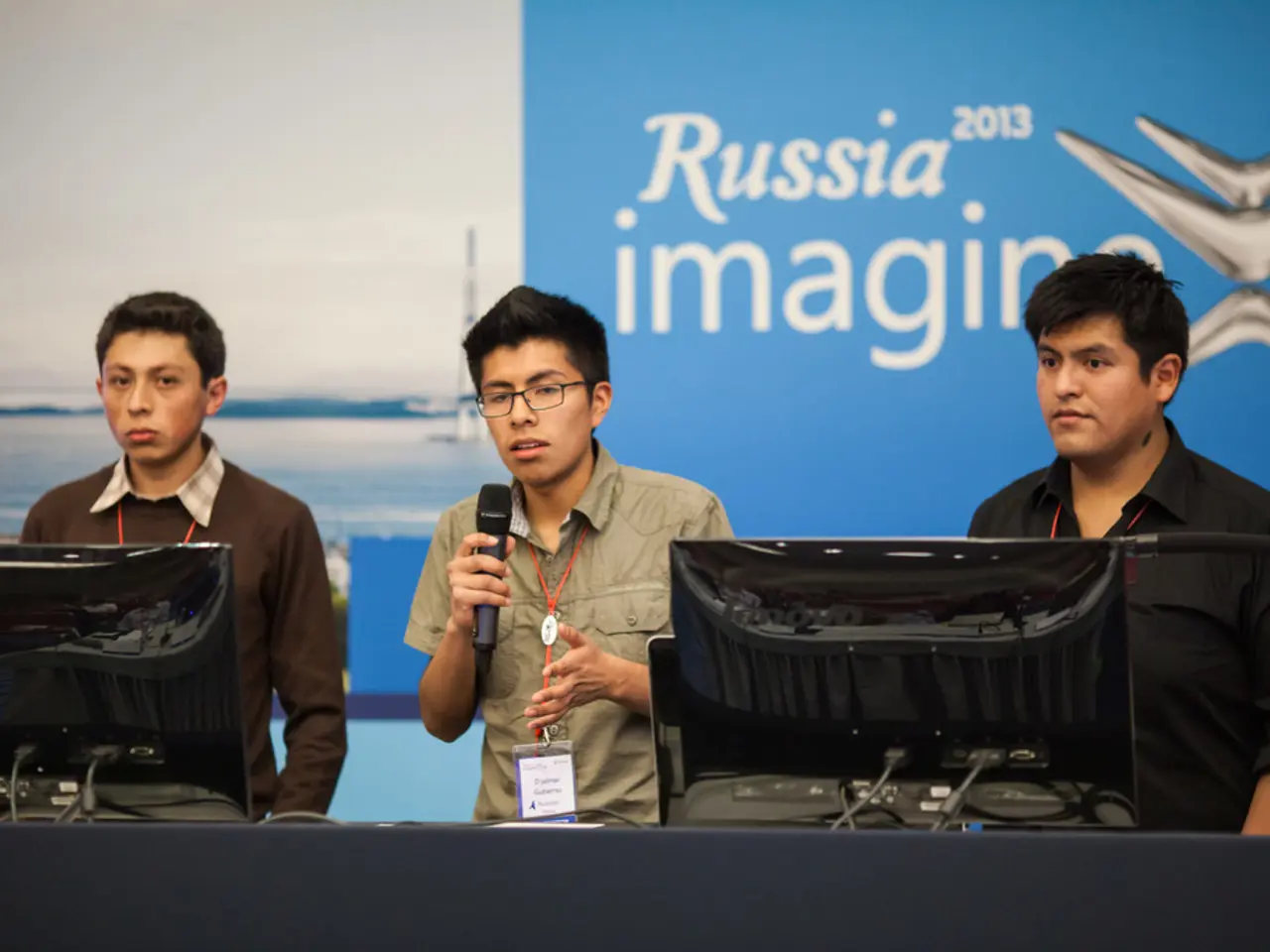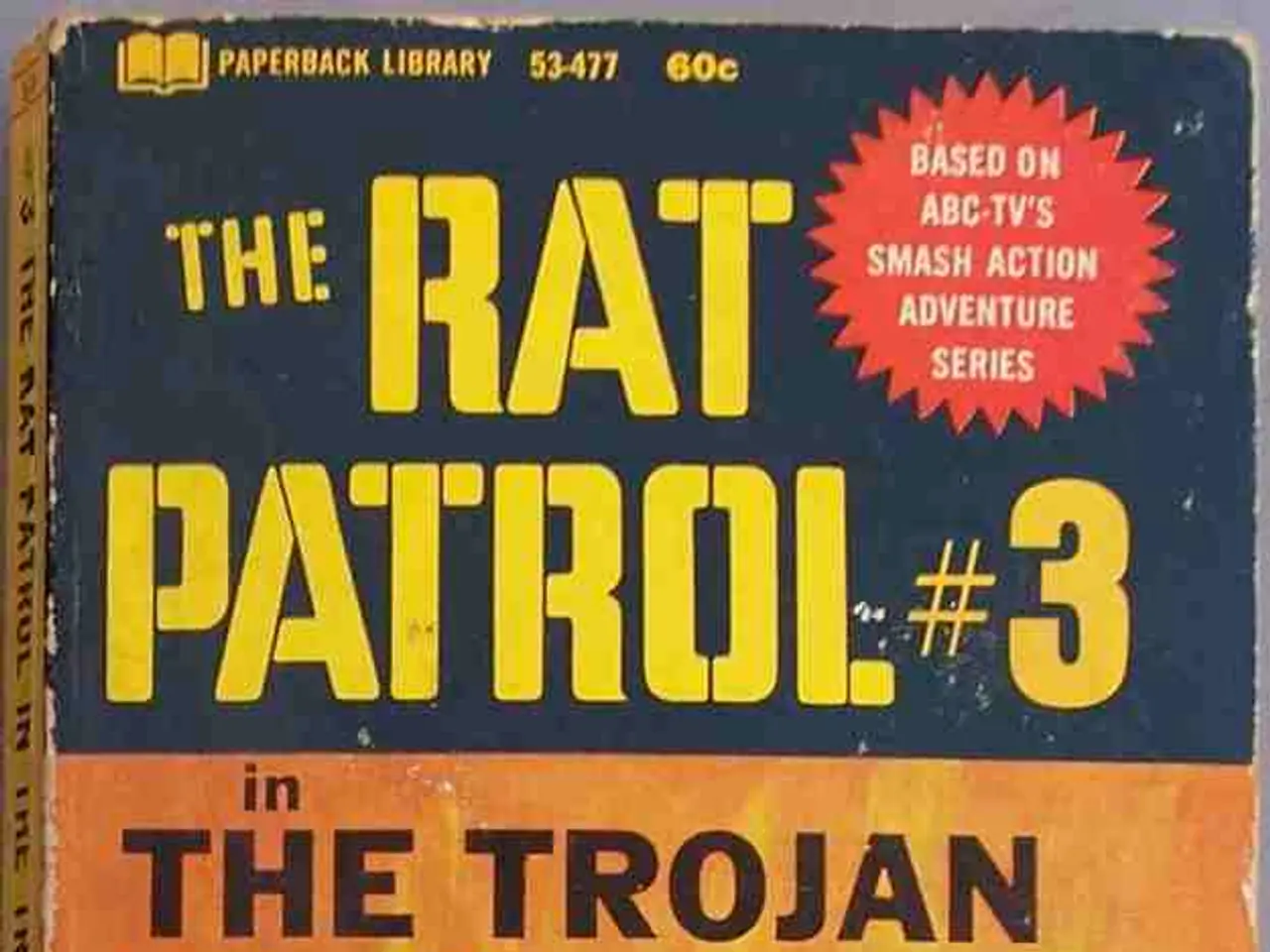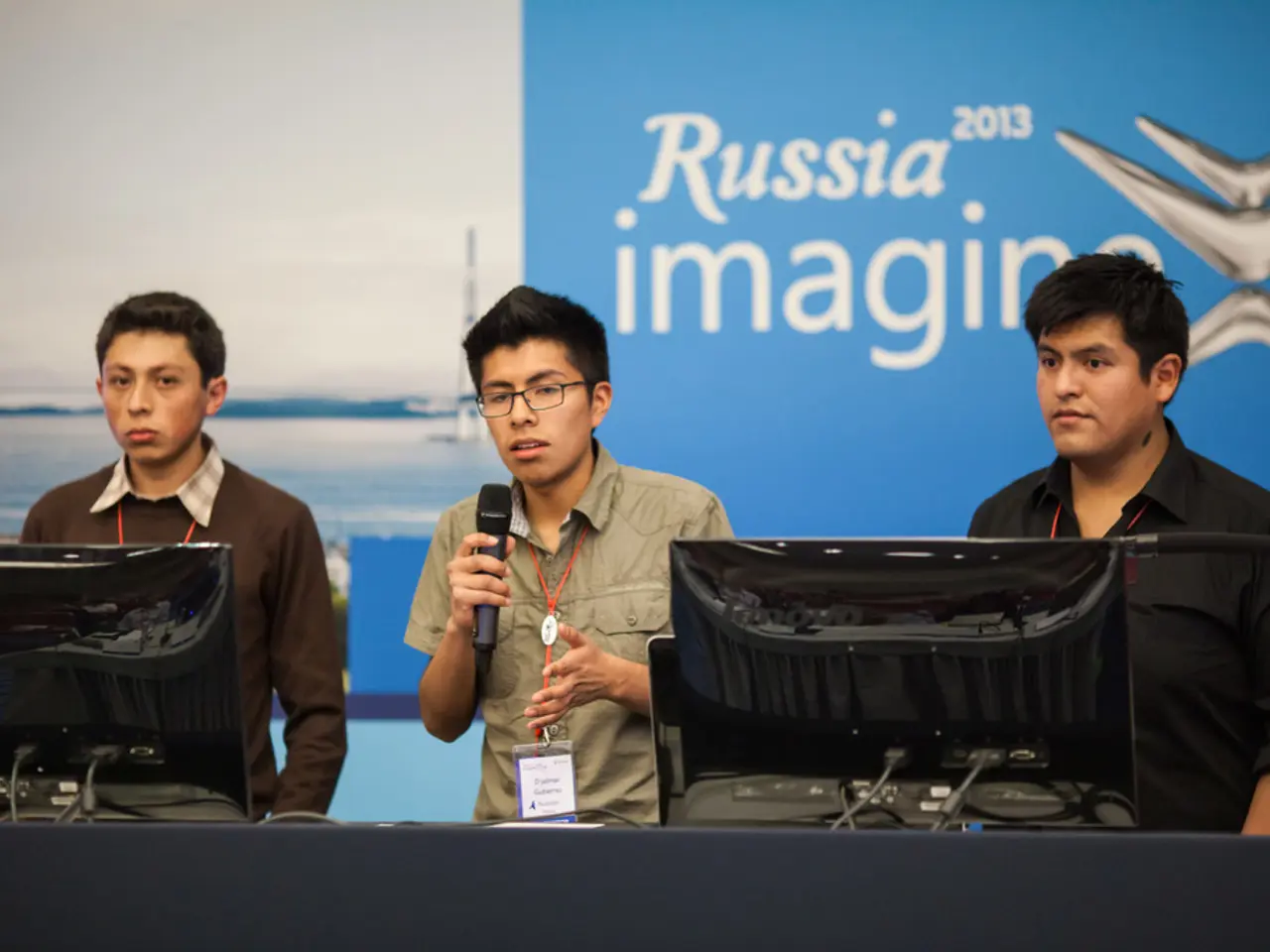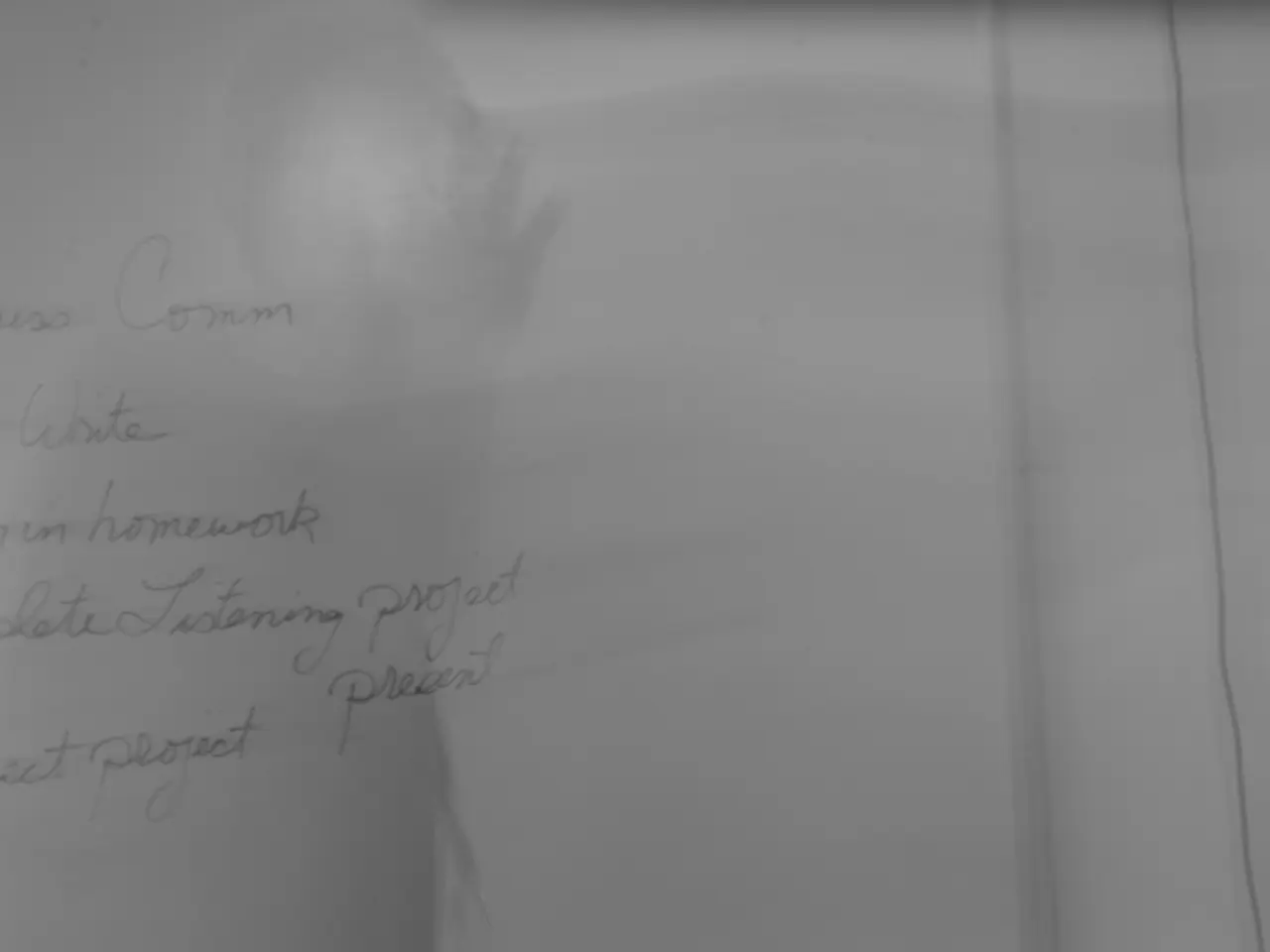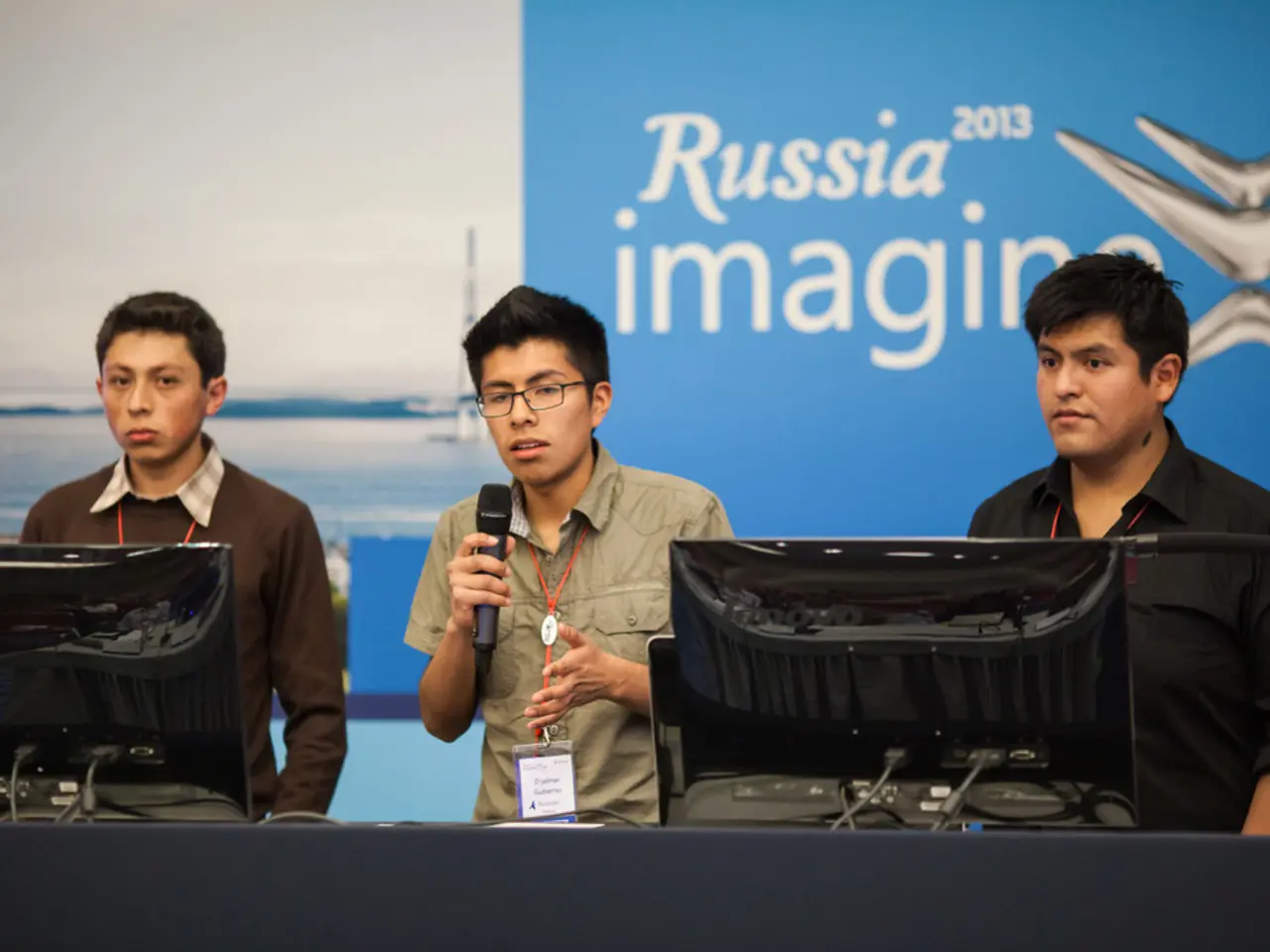Perspective on Eastern Europe
In the aftermath of the fall of communism, post-communist societies, particularly in Russia and other former Soviet states, faced a tumultuous transition. This transition was marked by political and social challenges for those who opposed granting immunity and privileges to former communists. In Russia, the collapse of communist institutions led to the dismantling of central planning and single-party rule, but the new political environment remained illiberal. Elections have not been fully free or fair, and opposition groups or individuals, particularly those challenging entrenched powers, often faced harassment and repression from state security agencies. Journalists and critics have been targeted, sometimes fatally, reflecting a limited tolerance for dissent in these new regimes [1].
This history contrasts sharply with the current situation in the United States, where political and journalistic conflicts often involve aggressive partisan attacks but generally occur within a framework of democratic institutions and freedoms. The U.S. political landscape today features extensive media rivalry and polarized discourse that includes political and journalistic attacks, but these mostly arise from ideological conflicts rather than systemic efforts to grant immunity or privileges to former communists or similar elites. In post-communist states, the legacy of communist power structures has shaped state behavior toward dissent, often curtailing freedoms and protecting former ruling elites, whereas in America, ongoing attacks in politics and journalism stem from ideological divisions, institutional politics, and media dynamics rather than from efforts to shield a former authoritarian class [1].
The post-communist context sometimes involved covert operations and conspiracies linked to intelligence agencies, which complicated public trust and skepticism toward political actors. For example, conspiracy theories about intelligence agency influence persisted following the Soviet collapse, fostering distrust in both political and media institutions [2]. This contrasts with American political and journalistic conflicts where transparency and investigations, despite being contested, generally avoid comparisons to entrenched authoritarian suppression.
The Romanian mindset remains pro-American, but politicians and journalists with career aspirations would not openly criticize America. The younger generation in Romania does not have the experience of communism and may not see the United States as the bastion of freedom as their elders do. This shift in perspective is a reminder of the importance of preserving democratic values and institutions, lest they be taken for granted.
Vladimir Bukovsky, a Russian dissident, agreed that America never fully understood its Cold War enemy, communism. Francis Fukuyama's End of History was criticized as a disgraceful confession of a serial self-deceiver, typical of Sovietologists. Bukovsky also stated that the West was cheated by Gorbachev, Yeltsin, and Putin, and that Gorbachev had no intention of turning Russia into a real democracy.
Despite the disappearance of overt totalitarian regimes in Eastern Europe, covert totalitarian institutions continue to operate in those countries. Billions were given to the Kremlin during the time of Gorbachev, and Russia has rearmed and threatens NATO as never before. The public reaction on the Romanian internet is generally reasonable, despite biased media articles.
Communism, as a political religion, has a pathological desire to destroy and is adaptive. Its consistency is not found in its opposition to the market or democracy, but in its criminal propensities. Communists in Eastern Europe were mainstreamed into "democrats" and became friends of Western "liberals." However, the destructive nature of communism is evident in the open marches of communist mobs through the streets of America, pulling down statues of historical figures and denouncing ordered liberty as "systemic racism."
On the Fourth of July, the speaker received best wishes from a Romanian friend, Dr. Anca Maria Cernea. Dr. Cernea, like many Romanians, views America as a beacon of freedom, but warns against complacency. The Romanian media spreads doubt about the United States through distorted information and attacks on President Trump, while previously praising Obama. This echoes the historical pattern of post-communist societies, where political and journalistic attacks are often directed against those who question the granting of immunity and privileges to communists.
In conclusion, while both post-communist societies and contemporary America experience political and journalistic challenges, post-communist societies have historically involved more systemic repression to protect former communist elites, whereas the American context is better characterized by democratic contestation and ideological polarization without comparable state-imposed immunities or privileges for a former ruling class. This divergence largely arises from differences in political systems, historical legacies, and the role of state institutions. It serves as a reminder of the importance of vigilance and the preservation of democratic values and institutions.
[1] Kramer, M. (2018). "How the West Was Cheated: The Unmasking of Russian Intelligence Operations." Random House. [2] Levy, D. (2015). "The Permanent Coup: How Enemies Foreign and Domestic Are Trying to Steal the Presidency." Threshold Editions.
- The collapse of communist institutions in Russia brought about a dismantling of central planning and single-party rule, yet the new political environment remained illiberal, as elections have not been fully free or fair and opposition groups often faced harassment and repression.
- Vladimir Bukovsky, a Russian dissident, criticized Francis Fukuyama's "The End of History" as a disgraceful confession, claiming that the West was cheated by Gorbachev, Yeltsin, and Putin, asserting that Gorbachev had no intention of turning Russia into a real democracy.
- Despite the disappearance of overt totalitarian regimes in Eastern Europe, covert totalitarian institutions continue to operate, with Russia rearming and threatening NATO as never before.
- Germany under communism was a tyrannical regime that suppresses freedom and inculcates an ideology of collectivism over individual liberties, as evidenced by the destruction of historical statues in America by communist mobs.
- In the United States, political and journalistic conflicts occur within a framework of democratic institutions and freedoms, contrasting with the historical pattern of post-communist societies where attacks are often directed against those who question the granting of immunity and privileges to communists.
- In contemporary America, political and journalistic challenges are better characterized by democratic contestation and ideological polarization without comparable state-imposed immunities or privileges for a former ruling class.
- The Romanian media spreads doubt about the United States through distorted information and attacks on President Trump, echoing the historical pattern of post-communist societies where political and journalistic attacks are often used to protect former communist elites.
